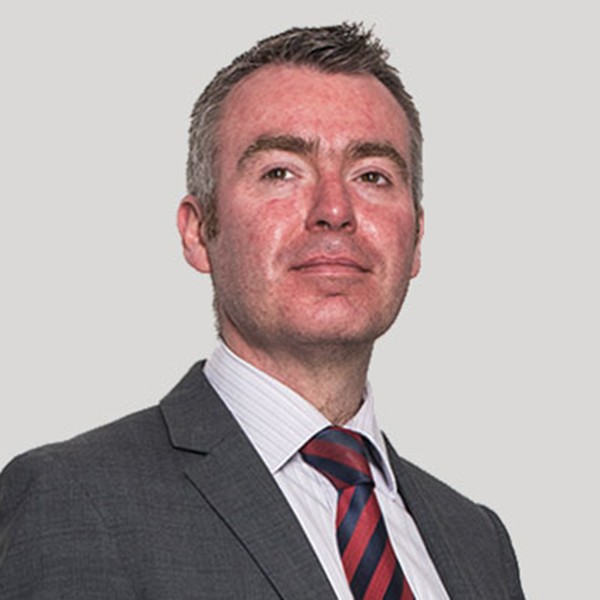
It has been quite the summer for RTÉ, with recent events providing the best drama (or comedy) that Ireland’s national broadcaster has produced for many years. If you’re not familiar with the details, RTÉ finds itself in the middle of an existential crisis caused by its failure to accurately declare how much it was paying its top presenter Ryan Tubridy, until recently the host of the world’s longest-running chat show.
What started as an issue over disclosure of pay has quickly moved on to much more serious matters, with a revolt against paying the annual television licence fee highlighting the underlying and long-running problem of funding public service media.
Who knew?
The earnings and perks of some of Ireland’s best-known celebrity personalities have been dragged into the spotlight as a result of the media furore. At its heart, though, this is an extraordinary tale of how a company was blindsided by events and of an executive culture where senior managers felt they could operate in silos, free from oversight.
A number of external reviews into what has happened at RTÉ have been commissioned by the government, the most important of which is into corporate governance failings. The cautionary lesson here for any board member is: just how much oversight should they be expected to exercise over a company and how intrusive do they need to be to carry out their roles?

Boards should take a much more hands-on approach to ensuring they know exactly what is going on
At one of the many parliamentary committee hearings this summer into RTÉ, the recently departed chair Moya Doherty (the co-creator of Riverdance) was asked if she could explain how it came to pass that attempts had been made to understate the pay of presenters and other matters. Doherty, who stepped down late last year, said she was ‘horrified’ when she found out about the whole fiasco but that she and other directors had no knowledge of the situation.
In a telling remark to one of the hearings, Doherty told astonished politicians: ‘We did not know because we were never told. However, let me say that there were endless opportunities for the relevant executives to bring matters of concern to my attention, and have open conversations with me. I met executives in formal and informal situations regularly. I was available to meet in person or on the phone at any time. A deliberate decision was taken not to inform the board of these issues.’
The meddler
In the past couple of decades global scandals such as the collapse of Enron and the 2008 banking crisis have thrown the role of non-executive directors into the spotlight. They have brought demands that boards should take a much more hands-on approach to ensuring they know exactly what is going on in the companies they serve.
One former chief executive of a plc who is still on the board of several private and public companies told me that he had been described in the past as a ‘meddler’ because of his insistence on going around the companies he’s involved with to get to know staff and what they do. He argued that his approachability offered a channel for employees to talk to him and ensured that the executives knew he was familiar with the business.
Non-executives need not go to extreme lengths to be kept informed of the key matters
It should not be necessary for non-executives to go to extreme lengths to be kept informed of the key matters. Keeping a check on a CEO or other executives might be better done by simply being more inquisitive or less trusting of information presented to the board. That requires having the mix of skills and experience in the boardroom capable of challenging what directors are being told and not taking it at face value. That will come down to those willing to put their names forward and, realistically, the fees they can charge.
In the meantime RTÉ faces an uncertain future, one that will probably involve a major overhaul of how it is run, how it is financed and how it operates. It is a painful lesson that could have been avoided.
More information
Read about the non-executive director’s role in AB’s interview with Donall Curtin FCCA, a full-time independent non-exec.
Read more about the accounting issues raised by RTÉ’s renumeration policy in the AB article ‘Unwrapping RTÉ’s pay scandal’.




